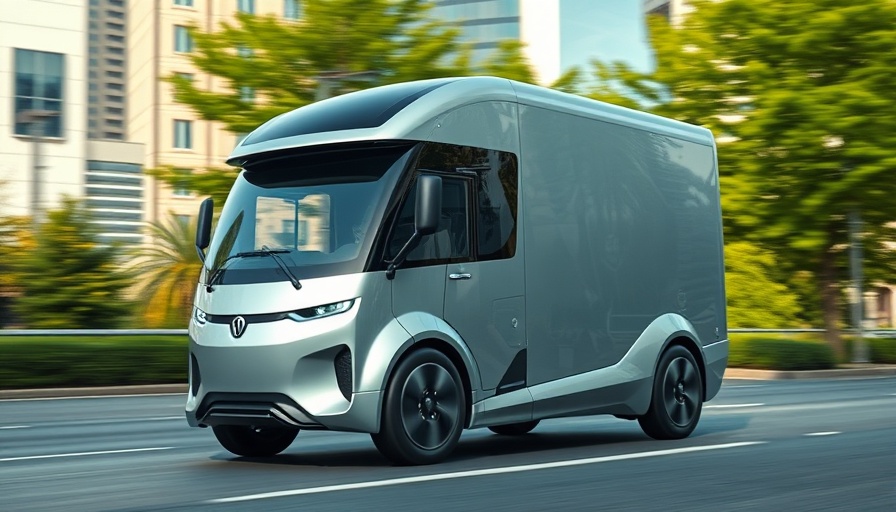
The Ripple Effects of Tariffs on Dealership Culture
As tariffs impose increasing operational costs on auto dealers, the impact transcends mere financial margins. While managing the economic ramifications of additional import fees is critical, it's the psychological toll on employees that demands immediate attention. In an environment rife with uncertainty due to fluctuating tariffs, labor shortages, and regulatory changes, the internal culture of dealerships can suffer significantly.
Emotional Uncertainty: A Growing Concern
The questions raised by employees—"Will my hours get cut?" or "What’s happening with our inventory?"—are legitimate expressions of anxiety. Such concerns not only lead to dissatisfaction but can also diminish morale and productivity. Dealerships that hesitate to communicate openly with employees about these external challenges risk creating a creeping fog of distrust and disengagement.
Keeping Employees Informed: The Strategy for Retention
Effective communication regarding the dealership's strategy in response to tariffs and their far-reaching consequences should become a core leadership focus. Transparency about decisions concerning bonuses, hiring freezes, and inventory adjustments can mitigate emotional unrest among the workforce. By fostering a culture of trust and shared information, dealership leaders can enhance employee engagement and performance even amid adversity.
Beyond Financial Statements: People Over Profits
The long-term stability of a dealership is not solely determined by its financial success but also by the health of its human resources. Decisions to cut costs at the expense of employee satisfaction can lead to disengagement, disrupting sales and service capabilities. For dealership owners, understanding this balance is key—valuing their employees as critical stakeholders is essential for navigating economic uncertainty.
Action Plans: Navigating the Tariff Terrain
To equip employees with a resilient mindset, leaders should implement proactive action plans that address concerns about tariffs while aiming to strengthen dealership culture. This includes regular team meetings to discuss market conditions, providing mental health resources, and engaging employees in dialogue about solutions rather than just problems. Ultimately, these strategies can transform challenges into opportunities for collective problem-solving.
The Road Ahead: Preparing for an Uncertain Future
For auto dealers, keeping pace with changing tariffs isn't just about financial adaptation—it's about preparing workforce dynamics for an uncertain future. Communication and employee engagement will define those who succeed in maintaining performance amidst external challenges versus those who falter. With a focus on both bottom-line numbers and human capital, dealerships can emerge from this challenging environment not just intact, but thriving.
 Add Row
Add Row  Add
Add 




Write A Comment